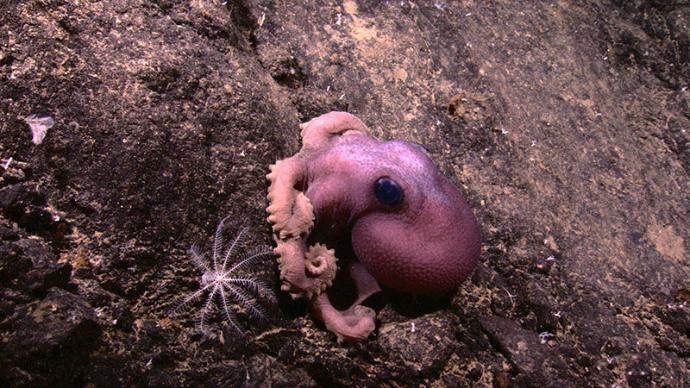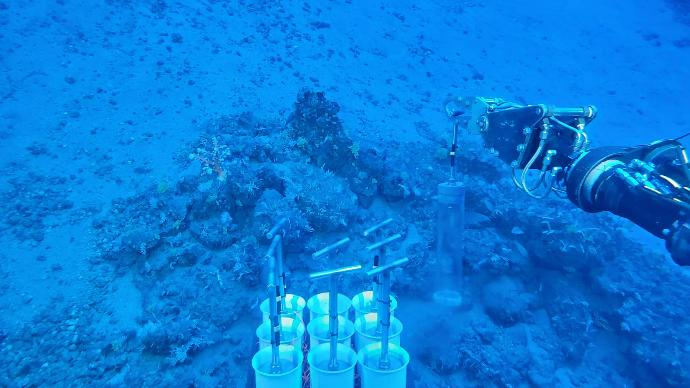Science & Data Collection
Lowest impact deep diving research submarine in the world
Pisces VI submarine offers marine scientists of all disciplines the most flexible and lowest cost platform in the industry. Our specialized thrusters and ballasting arrangement make Pisces VI the quietest, lowest impact deep diving research submarine in the world.
Pisces VI Submarine does not leave behind ballast weights. The vehicle uses seawater as ballast rather than steel weights, which allows operations which have no negative effect on the subsea environment. This allows Pisces VI to do diving operations in marine protected areas and areas with sensitive ecosystems.

Why Pisces VI?
-
The most affordable access to deep ocean exploration
-
The quietest and lowest impact deep diving research submarine in the world. Pisces VI does not leave behind ballast weights
-
Reduced size for easy transportation to diving place, fitting in a 20 feet container
-
Robotic arm that can manipulate instruments and obtain samples, ranging from hard-rock geology to delicate biology sampling
-
Basket reconfigured with different instruments and collection devices
-
A large amount of scientific tools and sensors available for rent
-
Direct observation through three view ports and video cameras
-
Instrument placement
Pisces is the perfect platform for

Archaeology

Biology

Chemistry

Climate Change

Engineering

Environment research

Geology

Hydrography

Identification of new species

Vulcanology
